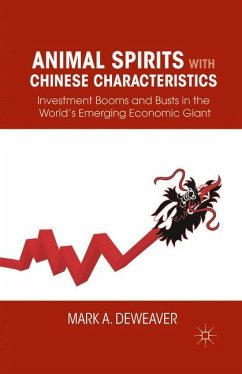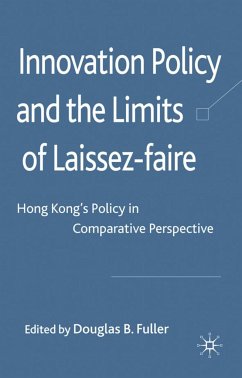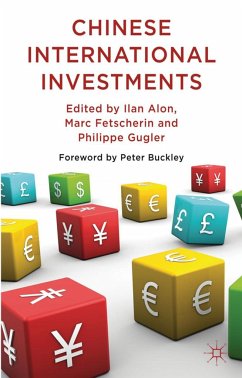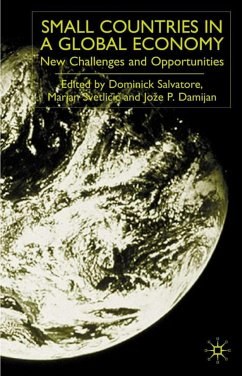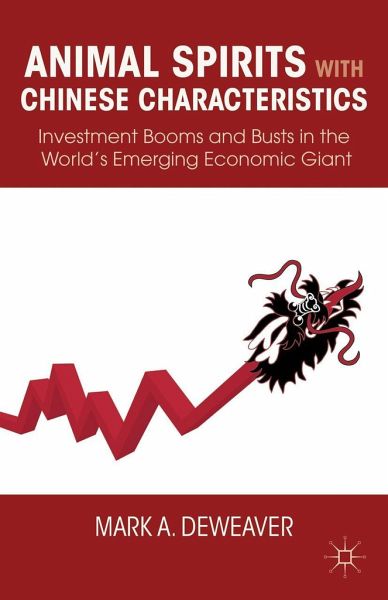
Animal Spirits with Chinese Characteristics
Investment Booms and Busts in the World's Emerging Economic Giant

PAYBACK Punkte
38 °P sammeln!
Will China eventually be able to eliminate its socialist animal spirits? Highlighting the importance of China's investment booms and busts for both the Chinese and the world economy, Animal Spirits with Chinese Characteristics describes the origins and evolution of the investment cycle during the command economy period.





